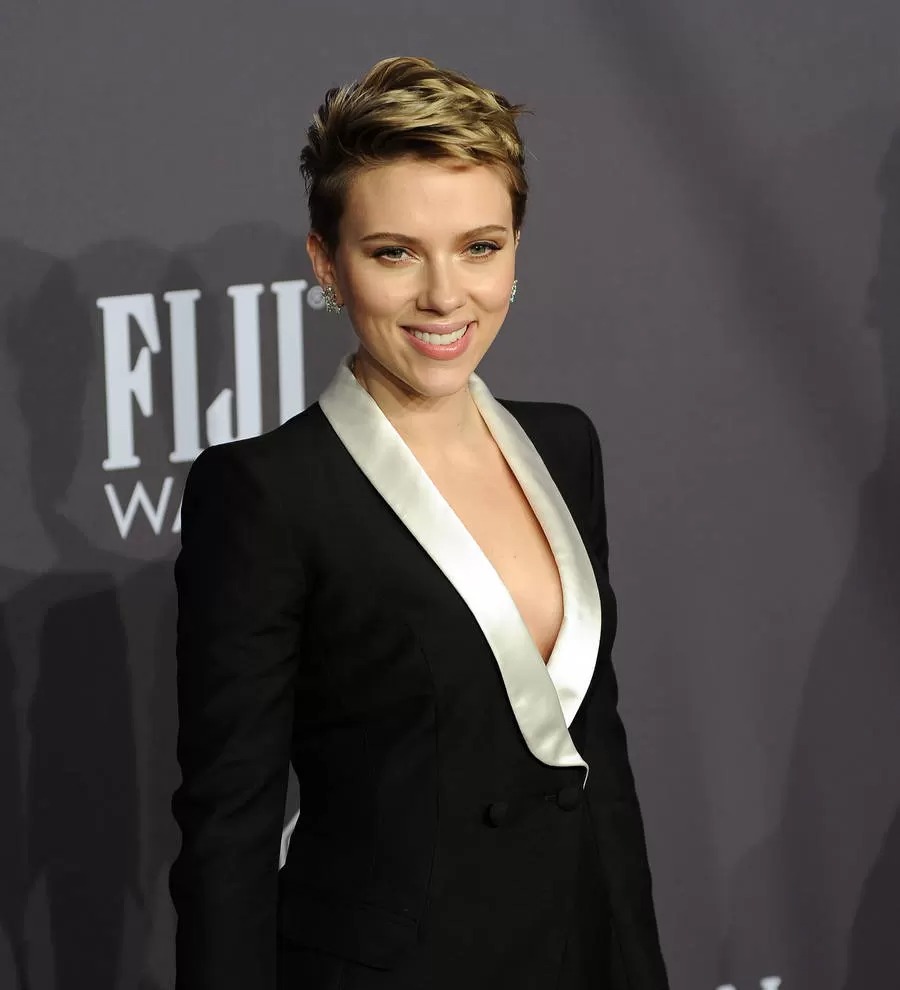In a move that sent shockwaves through Hollywood and beyond, Scarlett Johansson, one of the industry’s most luminous stars, took a bold stand against the entertainment тιтan Disney. This legal confrontation arose over the hybrid release strategy of her long-awaited film, Black Widow, which premiered simultaneously in theaters and on Disney+ during the tumultuous times of the coronavirus pandemic. Today, we take a nostalgic look back at this landmark moment, examining its implications and the fierce debate it ignited about the future of film distribution.

Scarlett Johansson (Source: NY Post)
At the heart of Johansson’s lawsuit was a contention that feels as relevant today as it did then: the evolving landscape of movie releases in the wake of digital streaming’s rise. Black Widow, a film that marked Johansson’s swan song as the beloved Marvel character, was expected to be a box office behemoth. It indeed opened to a staggering $80 million on its debut weekend, setting pandemic-era records. However, the subsequent sharp decline in attendance painted a grim picture of the challenges facing traditional cinema. Johansson’s lawsuit argued that Disney’s decision to release the film on Disney+ significantly undercut its theatrical earnings, thereby affecting her own compensation, which was partly tied to the box office performance.

Scarlett Johansson in Marriage Story (2019) (Source: IMDb)
“Johansson’s complaint says her representatives tried to renegotiate her contract but Disney and Marvel were unresponsive,” highlighting a tale of modern David vs. Goliath in the realms of intellectual property and contract law.

Disney’s reʙuттal to Johansson’s allegations was swift and dismissive, stating that the lawsuit had no merit and ᴀsserting that the streaming release had actually enhanced her ability to earn additional compensation beyond the $20 million she had already received. This response opens up a broader dialogue about the impact of streaming services on the traditional movie-going experience, a debate that is still fervently ongoing.
Also Read: Will Hayley Atwell return to the MCU? Actress shares doubts

The pandemic undoubtedly accelerated a shift that was already in motion, with major studios exploring direct-to-consumer releases as a viable alternative to the conventional theatrical model. WarnerMedia’s strategy with HBO Max, for instance, underscored this trend, offering simultaneous releases for its 2021 slate, a decision that, unlike Disney’s approach with Johansson, came with renegotiated talent contracts to compensate for the potential loss in box office revenue.

Reflecting on this pivotal moment, it’s clear that Scarlett Johansson’s stand was not just about a single film’s earnings but a broader fight for artists’ rights in an industry at a crossroads. “With the pandemic scrambling Hollywood’s release patterns, the exclusive theatrical opening — long the industry norm — has lately been threatened,” the case underscored the urgent need for a reevaluation of how deals are structured in the age of digital distribution.
As we look to the future, the reverberations of Johansson’s lawsuit against Disney continue to inform negotiations and contracts, serving as a cautionary tale for studios navigating the delicate balance between digital innovation and fair compensation for the creative minds behind the magic.



